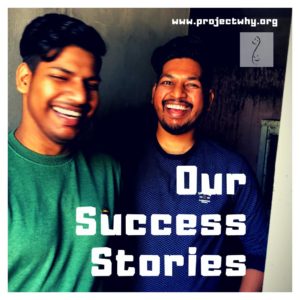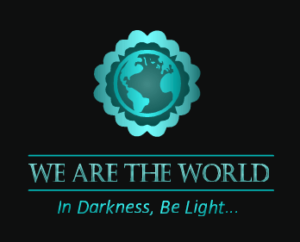It took a shocking story to get the Government to look into the matter of burial sites for little children in India’s capital city. Politicians ignore Nithari in the run up to the state elections in Uttar Pradesh, as the families of the dead children are simple migrants and hence do not have votes. The Ghaziabad Girls are lost in administrative and judicial quagmire. Children are beaten in schools. The drop out rates are mind boggling. Child labour is rampant. Orphanages are cramped and unsafe.
Something is terribly wrong…
We are talking about the millions of children in free India, the third or fourth generation after Independence. We are talking about children who see the day of light in a democracy that professes to give them a host of fundamental rights: from education to shelter, from freedom of speech to freedom of faith. And yet a cursory glance and the plight of many of them is enough to prove that each right has been denied, usurped or hijacked.
It is not that we have done things wrong. A passing glance at the multitude of child related programmes is sufficient to see that children have occupied a place of pride in our planning, and on paper many of the proposed projects are excellent.
Let us just talk of the ICDS (Integrated Child Development Scheme) to substantiate our point. This programme was conceived and launched in 1975. Its objectives were as follows:
- to improve the nutritional and health status of pre-school children in the age-group of 0-6 years;
- to lay the foundation of proper psychological development of the child;
- to reduce the incidence of mortality, morbidity, malnutrition and school drop-out;
- to achieve effective coordination of policy and implementation amongst the various departments to promote child development; and
- to enhance the capability of the mother to look after the normal health and nutritional needs of the child through proper nutrition and health education.
What a great programme. Had it worked all other child related programmes should have worked too! But the reality is quite different. In 2007 – 32 years after the programme was launched – an ICDS creche in India’s capital city often runs from a space the rent of which cannot exceed Rs 500! In actual terms this means a tiny airless room devoid of what is deemed essential as per the programme: running water, toilet facilities, open space for children to play.
The state of municipal schools is another reflection of the place children have in free India. After sixty years many schools in our capital still do not have proper buildings, let alone other facilities! There are some exceptions, but these are often dependent on the commitment of a handful of honest individuals.
On the other hand, politicians are busy framing reservation policies to higher institutions of learning and the ensuing debates make us wonder who these places in he sun are for. Certainly not for the potential drop out. Somehow no one seems to be bothered about the state of primary education, though poor parents are slowly seeing the writing on the wall and are now often seen sending their children to private institutions that are now mushrooming in our city and are often of poor quality. Yes in India at sixty we have the private school for the poor with names like SK convent, Mother Sundari English Medium School etc, and they come at a heavy price!
My detractors will be quick to point that it is allright to criticise but what about possible solutions. Many do come to mind but what stands out is the necessity of bridging the gap between the rich and the poor, of striking a balance, of reaching out and doig our ‘bit’! What is needed is to raise awareness. What is needed is to stop for an instant and ask oneself a simple question: where are we going? What is needed is to understand that the plight of the other India will one day affect us in more ways than one.
How can a city not have proper habitat for the poor within it? One cannot just wish them away and hope they will remain invisible. How can a city have schools that do not run, privatising them is again not a solution, they have to be strengthened and improved. The judiciary or the media should not have to intervene each time things go wrong.
Ultimately it all comes down to striking a proper balance between our rights and our duties as citizens, something we seem to have conveniently forgotten.
How many more generations of children will have to be born and become adults before we realise this!



